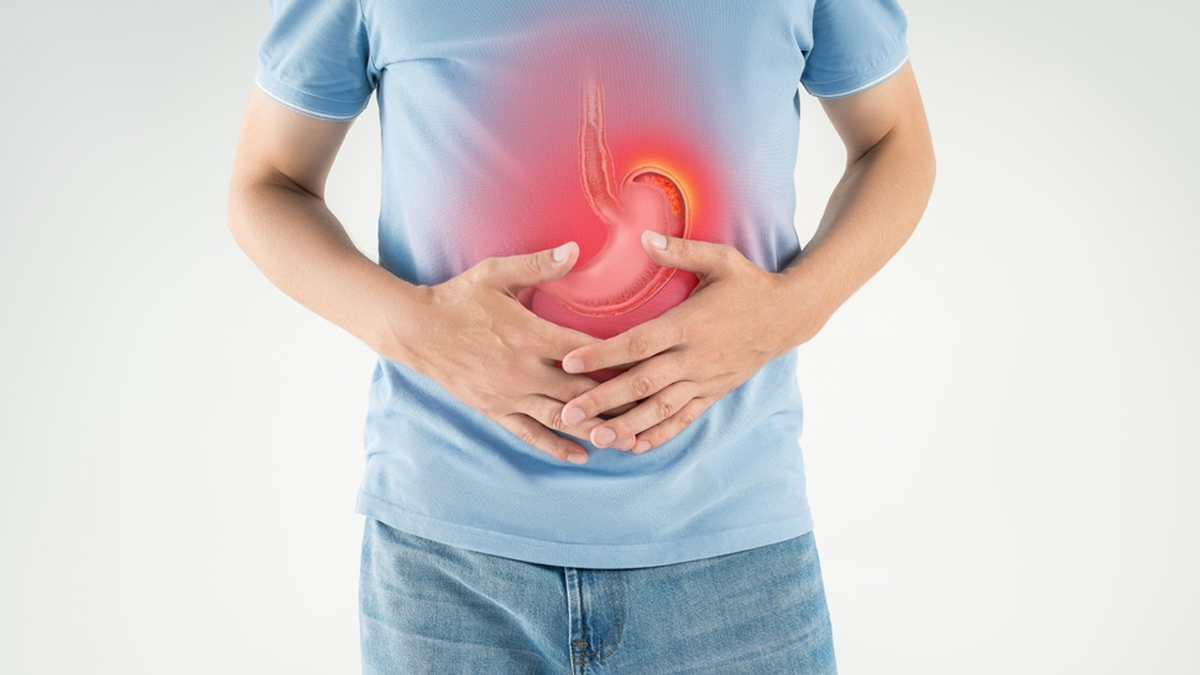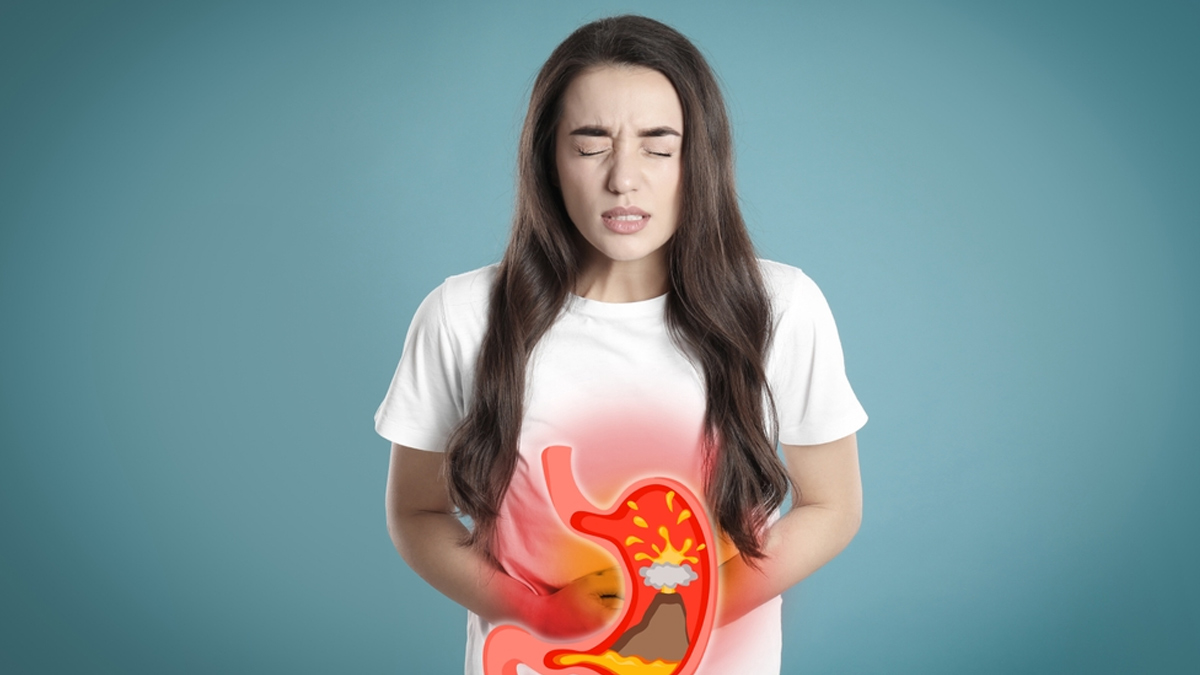
Acid reflux, also known as Gastroesophageal Reflux Disease (GERD), is one of the most common digestive issues that affects people of all ages and genders. Fried, fatty, processed, and spicy foods are common triggers, which cause stomach acid to flow back into the oesophagus, the tube that connects the stomach and mouth. Factors like overeating, eating large meals, or eating late at night can also cause acid reflux and indigestion.
Table of Content:-
While common digestive symptoms of GERD, or acid reflux, include heartburn, regurgitation, bloating, and difficulty swallowing, some symptoms are neither classic signs nor symptoms specific to the digestive system. We discuss one such symptom in detail and explore why it happens.
Also Read: Digestive Issues Rise During Holiday Season: Here's What You Should Be Mindful Of
What Causes Gastroesophageal Reflux Disease (GERD)?

In an interaction with the OnlyMyHealth team, Dr Amit Yelsangikar, Consultant - Medical Gastroenterology, Aster CMI Hospital, Bengaluru,
explains the reason behind why GERD occurs. According to him, when the lower oesophagal sphincter, which is the muscle or the barrier at the bottom of the oesophagus, does not work properly, it fails to prevent stomach contents from flowing back into the oesophagus. This consequently triggers acid reflux and discomfort. Factors contributing to this condition include obesity, pregnancy, certain medications, and dietary choices, such as the consumption of spicy or fatty foods.
Discussing the common symptoms, he shares that GERD can lead to symptoms such as heartburn, regurgitation, and difficulty swallowing. Over time, stomach acids can damage the oesophagus, resulting in inflammation, oesophagitis, and even complications like Barrett's oesophagus, which increases the risk of oesophagal cancer.
According to a 2023 study published in the journal Cureus, GERD manifests as Non-Erosive Reflux Disease (NERD), affecting the majority of cases, or more severe forms like Erosive Esophagitis (EE) and Barrett's Esophagus (BE), which occur in 30% and 6%-12% of patients, respectively.
One GERD Symptom Beyond Digestive Issues

Dr Yelsangikar suggests that GERD can lead to problems beyond the digestive system, often causing issues like persistent cough, sore throat, and dental erosion. These symptoms show how a digestive problem like GERD can impact other parts of the body like the respiratory system and oral hygiene.
Interestingly, GERD can also cause back pain. This happens when stomach acid flows back into the oesophagus, causing irritation. Over time, if the inflammation is left untreated, it can progress to back pain because the nerves in the oesophagus and the back are closely linked and pain signals can be misinterpreted by the brain, explains Dr Yelsangikar.
Additionally, chronic acid reflux can sometimes lead to muscle tension and stress, further contributing to back pain.
Also Read: Heard Of The Acid Reflux Condition That Doesn’t Cause Heartburn? All About Silent Reflux
Tips To Manage GERD Symptoms

When it comes to managing GERD, Dr Yelsangikar recommends starting by focusing on dietary adjustments, incorporating more whole foods, such as fruits, vegetables, and whole grains. Additionally, practising mindful eating by taking the time to chew food thoroughly and avoiding overeating can help reduce the frequency and severity of symptoms, he adds.
Beyond diet, integrating stress-reduction techniques like yoga or meditation can alleviate non-digestive symptoms, as stress often exacerbates GERD. Regular physical activity is also crucial; it not only aids digestion but can enhance overall well-being.
Lastly, consider herbal remedies such as ginger or chamomile, which may provide soothing effects on the digestive tract, the doctor shares, adding that by adopting a comprehensive approach that encompasses lifestyle changes, dietary modifications, and stress management, individuals can effectively manage GERD and improve their quality of life.
Conclusion
Recognising GERD's impact beyond its digestive symptoms, such as its potential to cause back pain, can help approach the condition in a more holistic way. By identifying dietary habits, stressors that trigger acidity, and addressing unhealthy lifestyle choices, individuals can reduce symptoms and improve overall well-being. The key is to diagnose the condition early and manage it on time. Consult a healthcare provider if symptoms do not subside.
Also watch this video
How we keep this article up to date:
We work with experts and keep a close eye on the latest in health and wellness. Whenever there is a new research or helpful information, we update our articles with accurate and useful advice.
Current Version